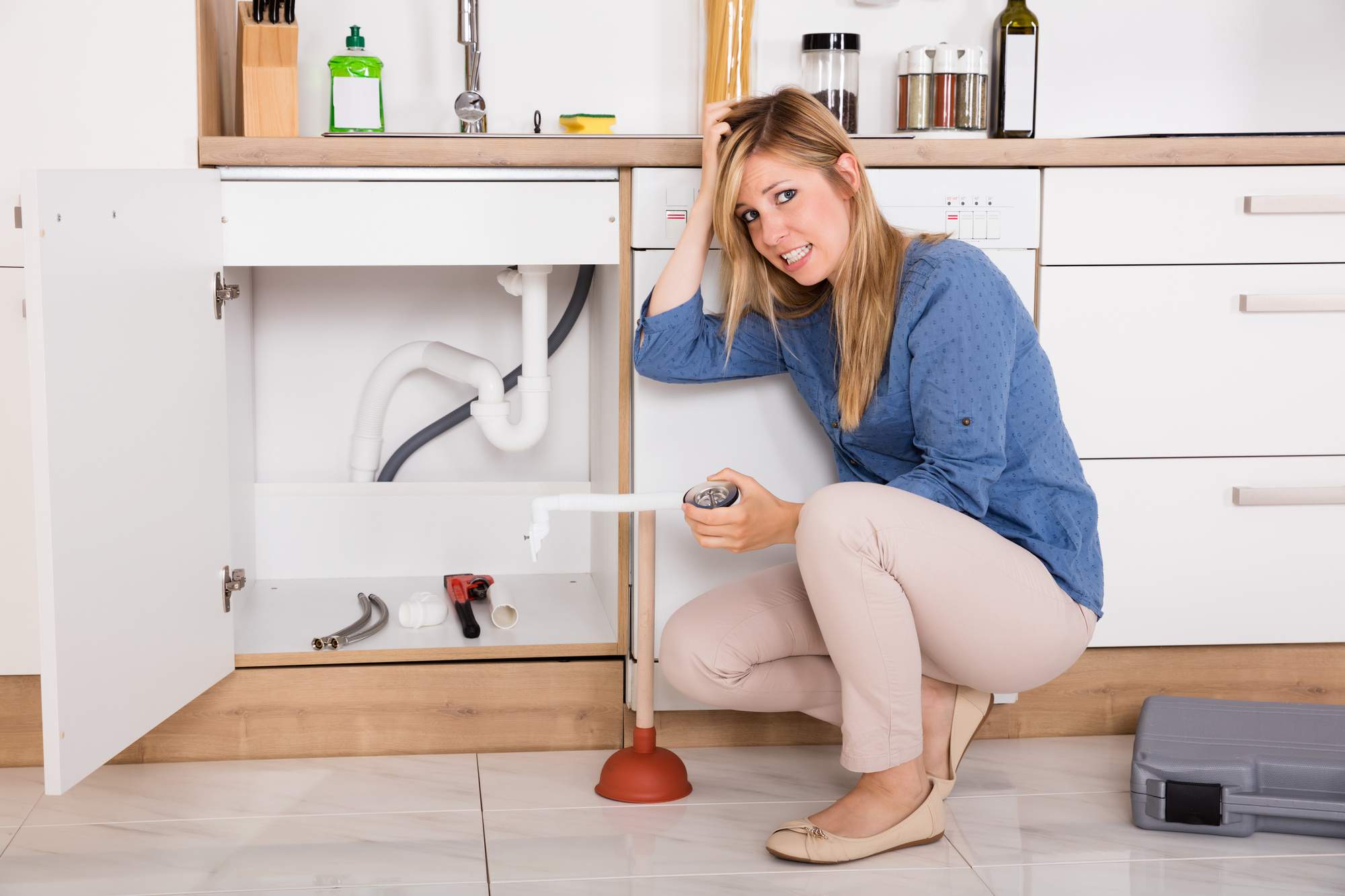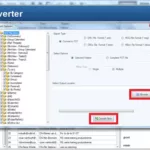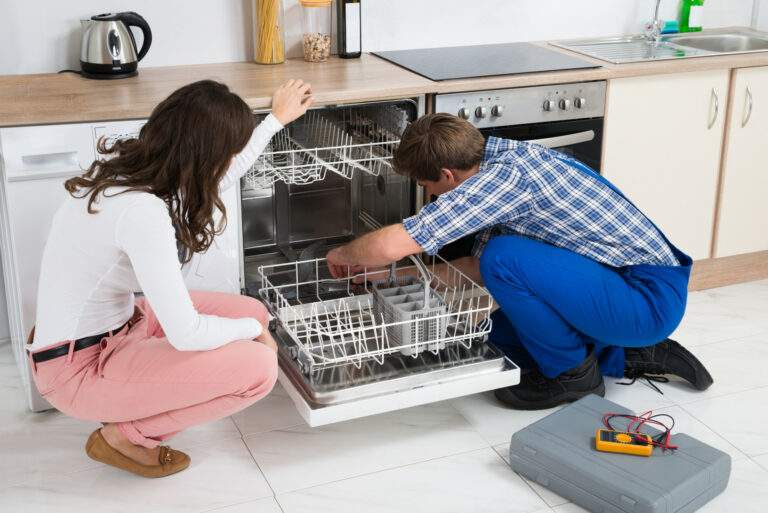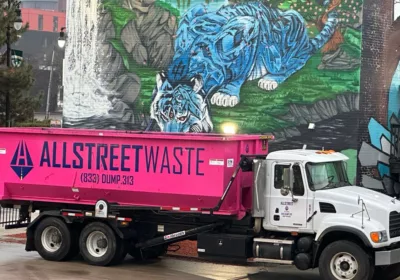
Debunking the Most Common Plumbing Myths That Exist Today
Did you know that some of the earliest proof of humans using plumbing systems trace back to 4000 BCE? Excavation sites in ancient Mohenjo-Daro and Harappa unearthed drains, sewers, and toilets.
Since then, the plumbing industry has come a long way; Japan even has nifty heated toilet seats!
Unfortunately, many plumbing myths still prevail, despite the industry’s long history.
This guide busts the top misconceptions about plumbing, so be sure to read on.
All Liquids Can Go Down Drains
No, especially not liquid fats, oil, and grease (FOG). While they’re in liquid form while hot, they can turn jelly-like as they cool. Animal fats even become solids at room temperature because of their molecular structure.
So, if you pour liquid FOGs down the drain, they’re going to gelatinize at some point. That can result in blockages in your drain pipes.
Instead of disposing of used FOG in that manner, you can put it in a covered, disposable container. You can then place it in your regular waste bin.
You Can Flush Items Labeled ‘Flushable’
No, and you shouldn’t flush so-called flushable items, either. That’s because they don’t disintegrate like regular tissue paper. They can clog up your drains, and even if they make it past your main drain, they can cause blockages in sewers.
There’s even an ongoing lawsuit against manufacturers and retailers of flushable wipes. That came after these products caused severe clogging in the sewers of Charleston, SC.
That doesn’t mean you should stop using wipes, but if you do, don’t flush them; instead, throw them in the trash.
Only Gas Leaks Cause Sulfur Smells
Natural gas indeed smells like sulfur or rotten eggs due to its mercaptan content. That chemical allows for easy detection of leaks.
If you don’t use natural gas (or you’re sure your gas line isn’t leaking), you’re likely smelling sewer gases. That rotten egg-like odor comes from hydrogen sulfide, a byproduct of decomposition.
Call a plumbing service if any part of your home emits these sulfur-like odors. It often signals a clogged drain, but it may also result from a broken sewer or drain pipe.
Spotting and Fixing Leaks Is Easy
Yes, if you’re a professional plumber who uses water leak detection systems. If you’re not, no; it’s difficult to determine where hidden leaks are, much less fix them. Most pipes, after all, are underground, inside walls, or within ceilings.
Besides, US households wouldn’t waste 900 billion gallons of water a year due to leaks if it’s that easy to find them.
Stop Believing These Plumbing Myths
As you can see, many of the plumbing myths covered in this guide are a threat to your pipes. Others, such as water leaks, can damage your home and also affect your health, as they can give rise to molds.
So, stop believing such misconceptions for your own sake and your family’s well-being. Instead, spread the truth about them to as many people as possible.
Are you ready for more fun facts or educational guides on home improvement? Then browse and read our most recent blog posts now!















